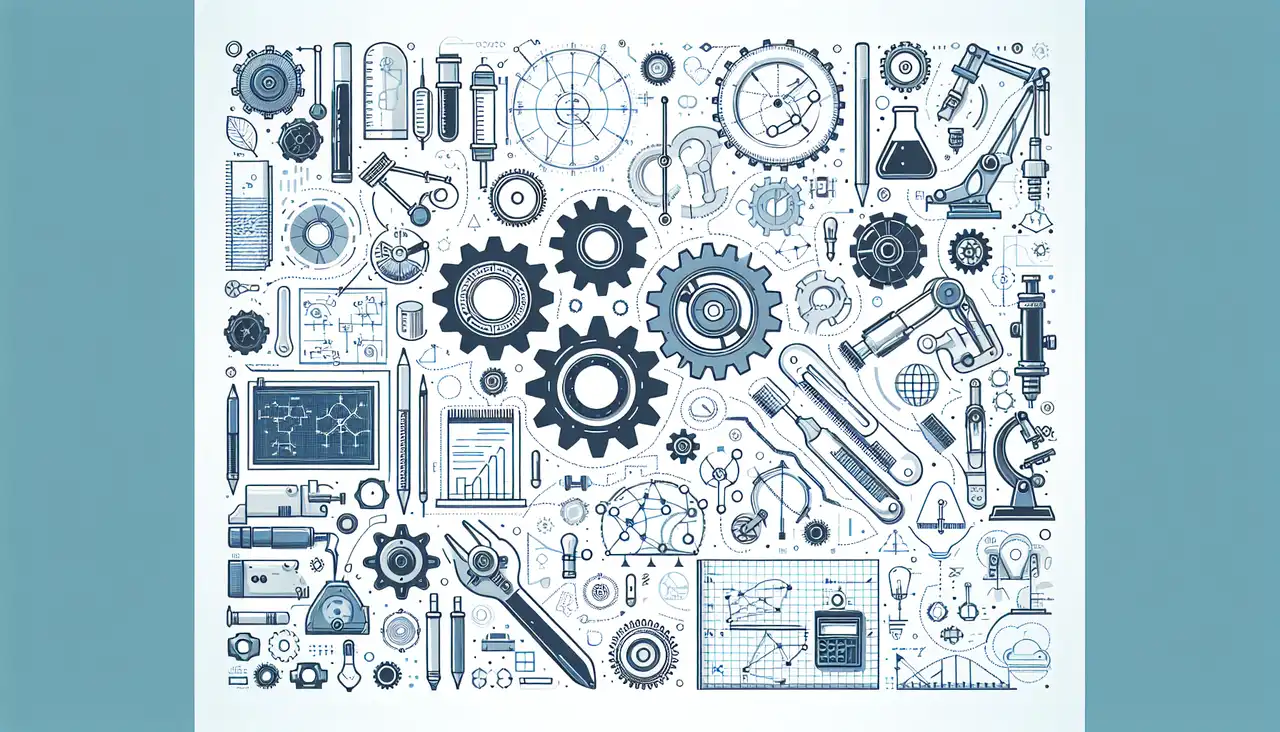

Abhishek Dutta
Abhishek Dutta spearheads initiatives to address complex challenges in the fields of Systems Medicine, Cybernetics, Robotics, Controls, and Learning. As an Assistant Professor of Engineering at the University of Connecticut, he is dedicated to advancing the frontiers of technology and innovation. His office, located in the ITE building, serves as a hub for groundbreaking research and collaboration. Dutta's academic journey is marked by numerous accolades, including the prestigious AI 2000 Most Influential Scholar Award in 2022 and the Informatics Prize for Outstanding Thesis in 2007. These honors reflect his commitment to excellence and his significant contributions to the field of engineering. His research portfolio is diverse and cutting-edge, encompassing projects such as the development of Cyborg Insect Robots, which aim to revolutionize the way we interact with technology and nature. Additionally, his work in Neuromorphic Computing seeks to mimic the human brain's neural architecture, offering promising advancements in artificial intelligence and machine learning. Dutta is also deeply involved in Warfare Control research, where he explores innovative solutions to enhance defense mechanisms and strategic operations. His interdisciplinary approach and collaborative spirit have made him a respected figure in the academic community, fostering partnerships that transcend traditional boundaries. Through his teaching and mentorship, Dutta inspires the next generation of engineers and researchers, encouraging them to think critically and creatively. His passion for education and research is evident in his dedication to nurturing talent and fostering an environment of curiosity and discovery. In addition to his academic pursuits, Dutta actively engages with industry leaders and policymakers to translate his research into practical applications that benefit society. His work not only pushes the envelope of technological advancement but also addresses pressing global challenges, making a lasting impact on the world.